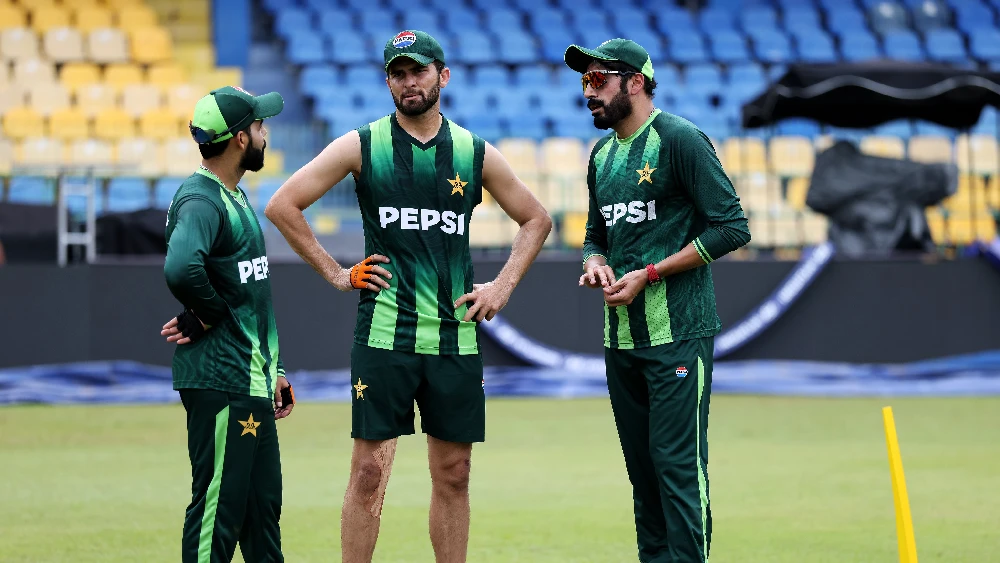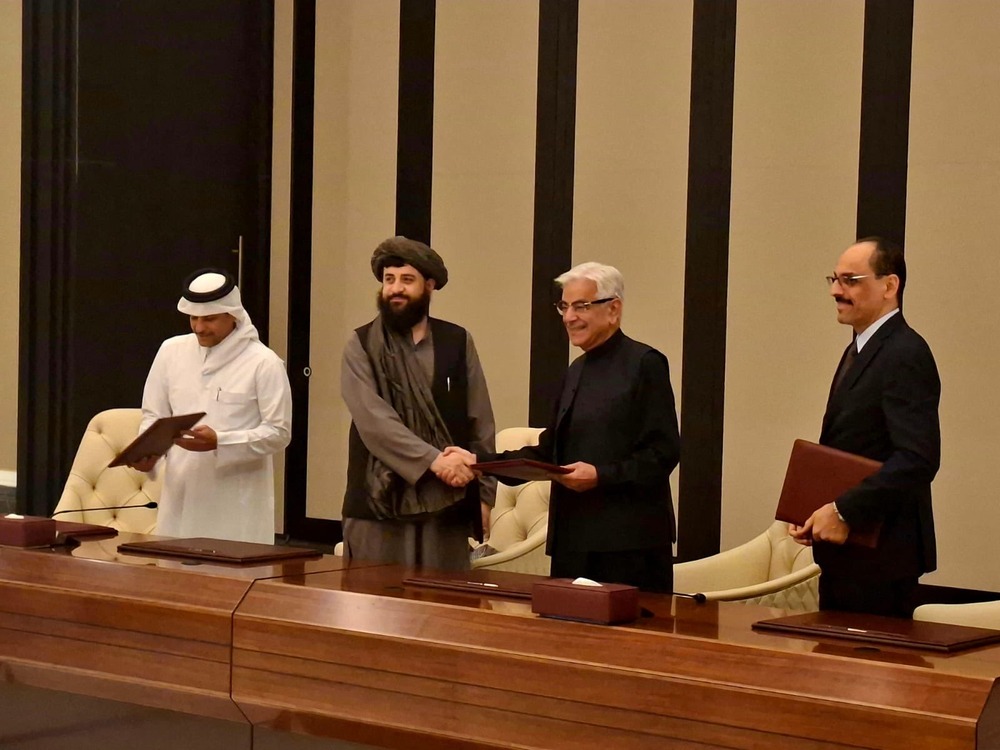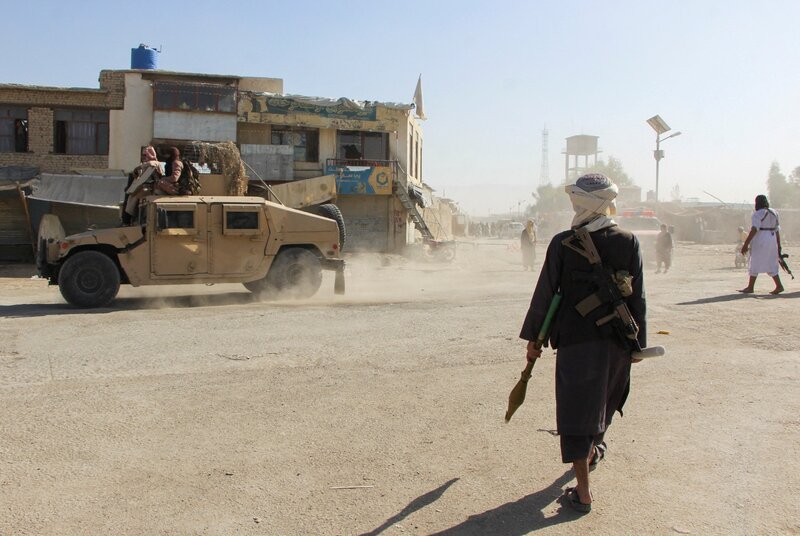ISLAMABAD: Pakistan and Afghanistan are preparing for a second round of talks in Istanbul, a follow-up to discussions held in Doha earlier this month, aimed at establishing what Islamabad calls a “verifiable monitoring mechanism” to address cross-border militant activity.
The Pakistan Foreign Office confirmed on Friday that the dialogue will continue under Türkiye’s facilitation.
The Afghan government also confirmed the talks. In a statement posted on X, Afghan spokesperson Zabihullah Mujahid said the Acting Deputy Interior Minister Haji Najib had departed for Türkiye “to follow up on the agreement reached in Doha several days ago.”
At the time this report was filed, Pakistan had not publicly announced its delegation.
While the agenda is expected to focus on preventing cross-border attacks, analysts caution that the core issues driving tensions remain unresolved.
‘Elephant in the room’
Abdul Basit, senior associate fellow and head of the South Asia desk at the International Centre for Political Violence and Terrorism Research (ICPVTR), told Pakistan TV Digital that progress will remain stalled unless Kabul acknowledges the presence of the Tehrik-i-Taliban Pakistan (TTP) on Afghan soil.
“The Afghan side is not ready to accept the fact that the militant Tehrik-i-Taliban Pakistan continues to operate from its soil,” Basit said. “As long as Kabul continues to refute that, any breakthrough will remain but a distant dream.”
Basit said Pakistan wants the Taliban authorities to dismantle militant hideouts used to orchestrate attacks inside Pakistan. Kabul, meanwhile, has demanded assurances that Pakistan will respect Afghanistan’s sovereignty following recent cross-border strikes. “Both parties are entering the talks with different aims,” Basit said.
Strained public sentiment
Journalist and Afghanistan-Pakistan affairs analyst Sami Yousafzai said mutual distrust is deepening, particularly after recent clashes along the border.
“Healing that relationship will likely require consistent diplomatic engagement, confidence-building measures, and perhaps third-party facilitation at some stage,” Yousafzai told Pakistan TV Digital.
Without trust, analysts argue, discussions will remain procedural rather than transformative.
Possible scenarios ahead
Basit warned that if Kabul continues to deny the presence of TTP militants, Pakistan may see “only one option, to target the leadership of the TTP in Afghanistan,” a move he said would be justified by Islamabad in the name of national security.
Analyst Inam Ul Haq described the Taliban’s current posture as “maneuvering the roof” under the Doha framework, maintaining diplomatic cooperation while preserving ideological space for groups aligned with their worldview.
Türkiye’s role
The Istanbul round reflects Türkiye’s growing role as a mediator between the two uneasy neighbors. Ankara facilitated the Doha discussions, where both sides agreed to continue dialogue and maintain a ceasefire announced on October 19.
Despite the challenges, analysts say continued engagement is preferable to confrontation.
The upcoming talks, Basit said, represent “an opportunity to begin reshaping the relationship, provided both sides are ready to speak plainly about the realities on the ground.”
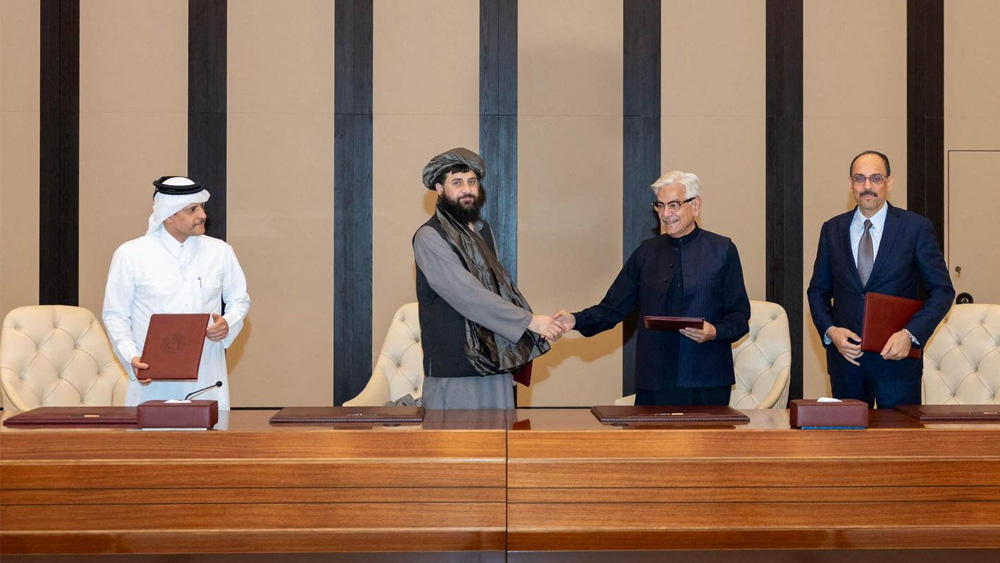
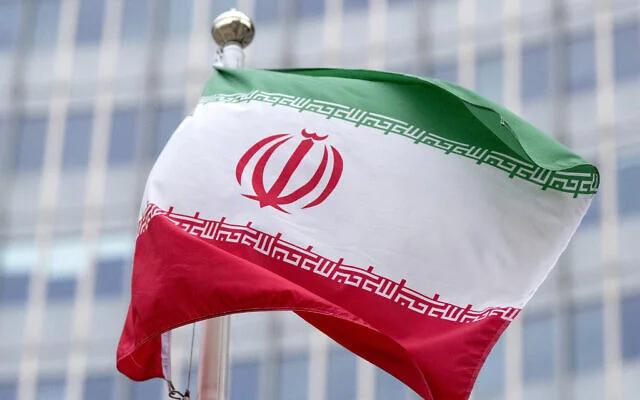
.jpg)
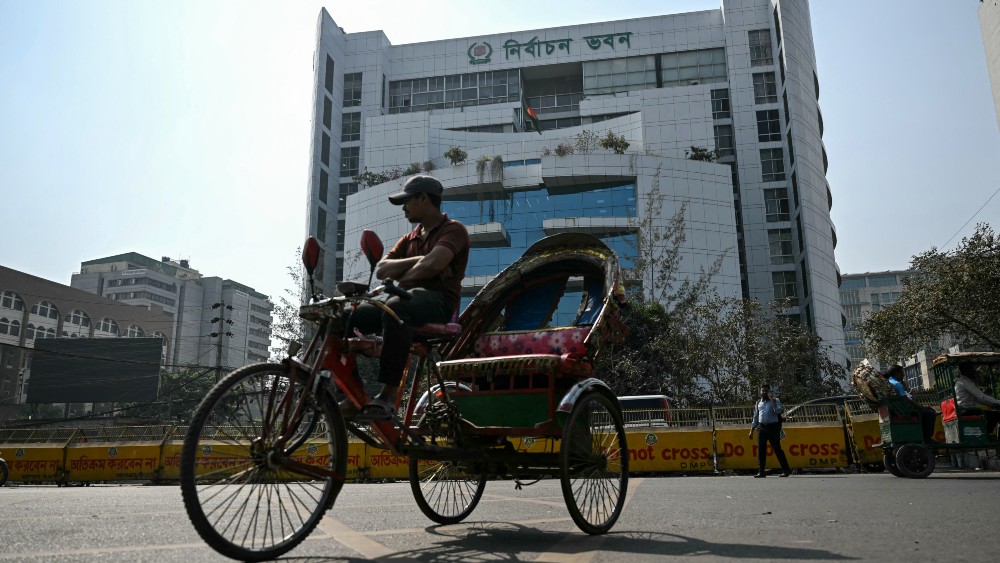
.jpg)
